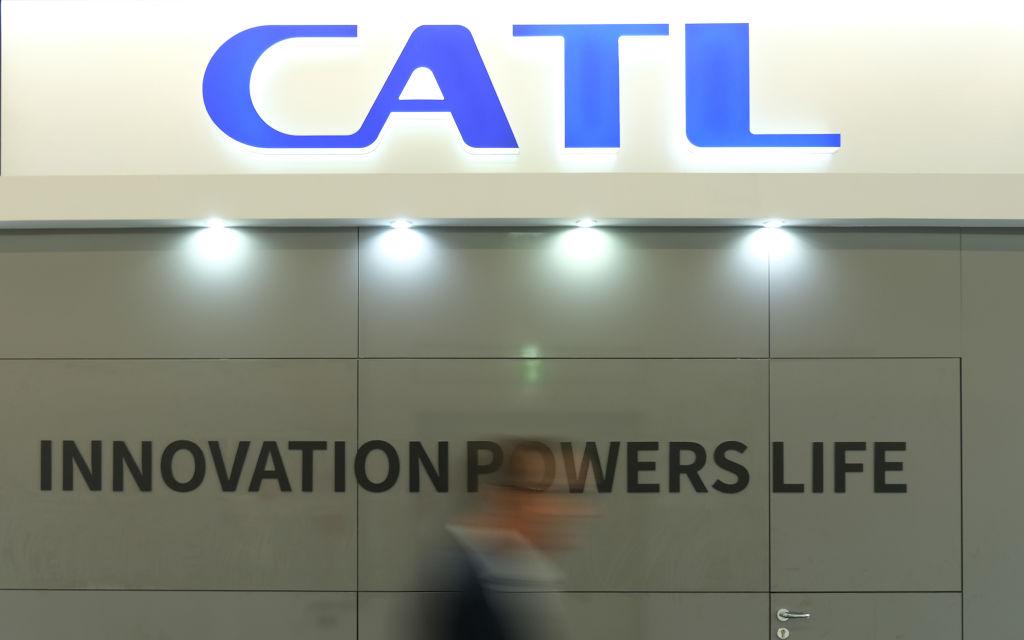Lawmakers with the House Select Committee on the Chinese Communist Party on May 20 criticized American banks for backing a blacklisted Chinese battery maker, suggesting legislation was needed to explicitly prohibit this.
China’s Contemporary Amperex Technology Co. (CATL) went public on the Hong Kong stock exchange on May 20, and serving as joint sponsors were Chinese companies China International Capital Corporation and China Securities International, and American companies BofA Securities and J.P. Morgan. Overall coordinators included Goldman Sachs, Morgan Stanley, and UBS. Joint global coordinators included BNP Paribas and Guotai Junan International.





